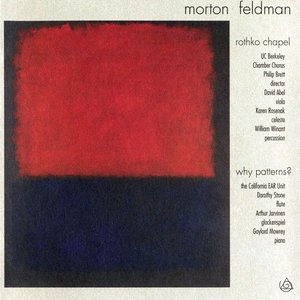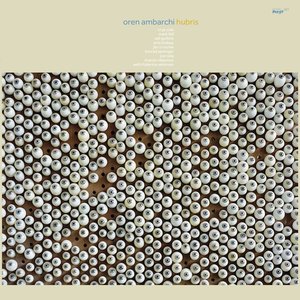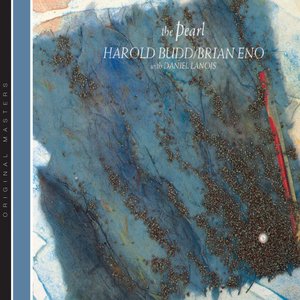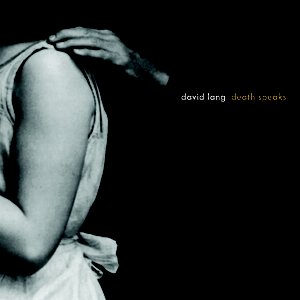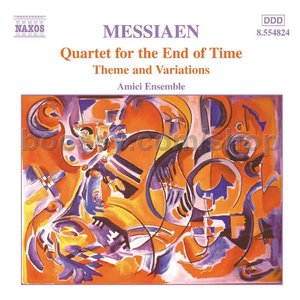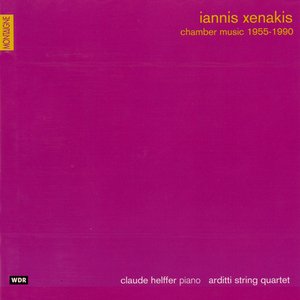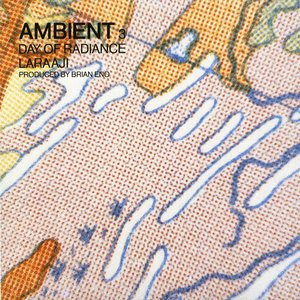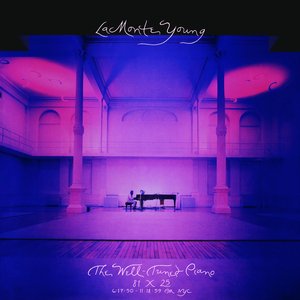Wiki
-
Release Date
1 January 1968
-
Length
2 tracks
In C is a semi-aleatoric musical piece composed by Terry Riley in 1964 for any number of people, although he suggests "a group of about 35 is desired if possible but smaller or larger groups will work". It is a response to the abstract academic serialist techniques used by composers in the mid-twentieth century and is often cited as the first minimalist composition.
Technique
- In C consists of 53 short, numbered musical phrases; each phrase may be repeated an arbitrary number of times. Each musician has control over which phrase he or she plays: players are encouraged to play the phrases starting at different times, even if they are playing the same phrase. The performance directions state that the musical ensemble should try to stay within two to three phrases of each other. The phrases must be played in order, although some may be skipped. As detailed in some editions of the score, it is customary for one musician ("traditionally played by a beautiful girl," Riley notes) to play the note C (in octaves) in repeated eighth notes. This functions as a metronome and is referred to as "The Pulse".
In C has no set duration; performances can last as little as fifteen minutes or as long as several hours, although Riley indicates "performances normally average between 45 minutes and an hour and a half." The number of performers may also vary between any two performances. The original recording of the piece was created by 11 musicians (through overdubbing, several dozen instruments were utilized), while a performance in 2006 at the Walt Disney Concert Hall featured 124 musicians.
The piece begins on a C major chord (patterns one through seven) with a strong emphasis on the mediant E and the entrance of the note F which begins a series of slow progressions to other chords suggesting a few subtle and ambiguous changes of key, the last pattern being an alteration between Bb and G. Though the polyphonic interplay of the various patterns against each other and themselves at different rhythmic displacements is of primary interest, the piece may be considered heterophonic.
Impact on other music
- In C has been credited with influencing many pop and rock artists including The Who. Riley's influence can be seen in such Who songs as "Baba O'Riley" and "Won't Get Fooled Again".
In his composition The Dharma at Big Sur, John Adams paid homage to Terry Riley with a musical pulse in the second movement similar to that found in In C.
Album descriptions on Last.fm are editable by everyone. Feel free to contribute!
All user-contributed text on this page is available under the Creative Commons Attribution-ShareAlike License; additional terms may apply.

